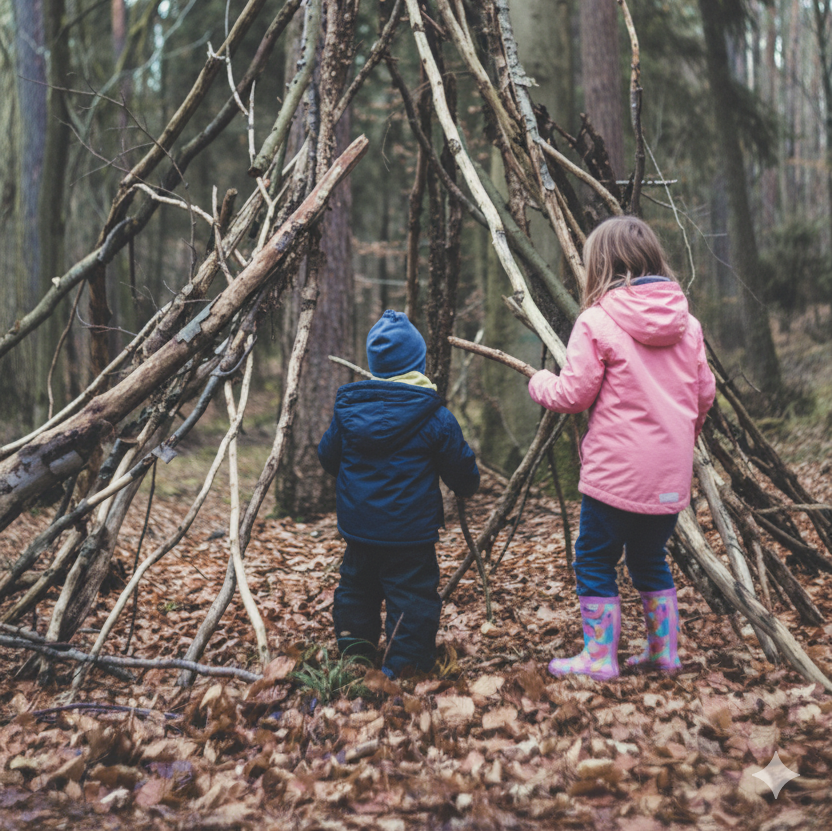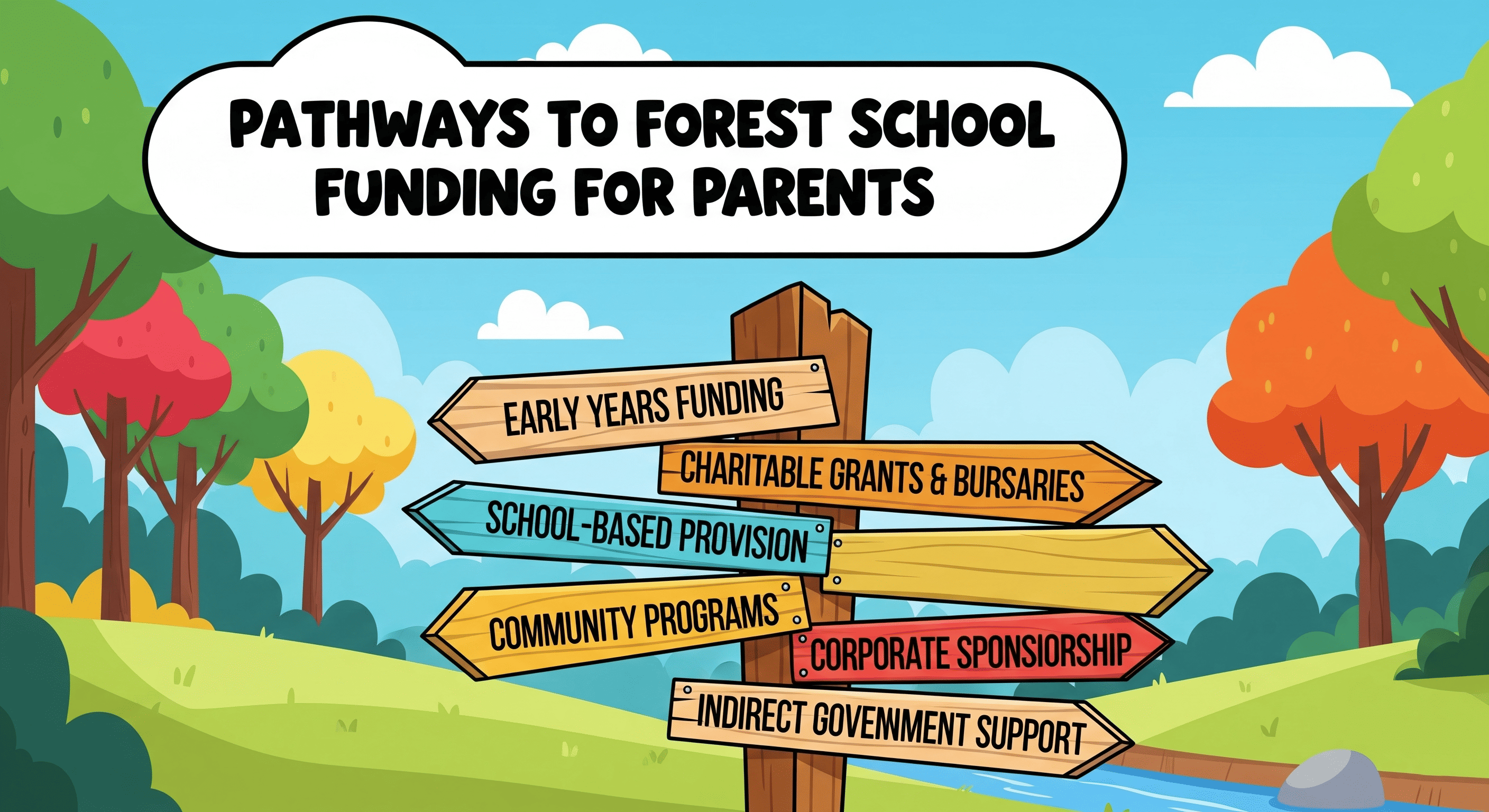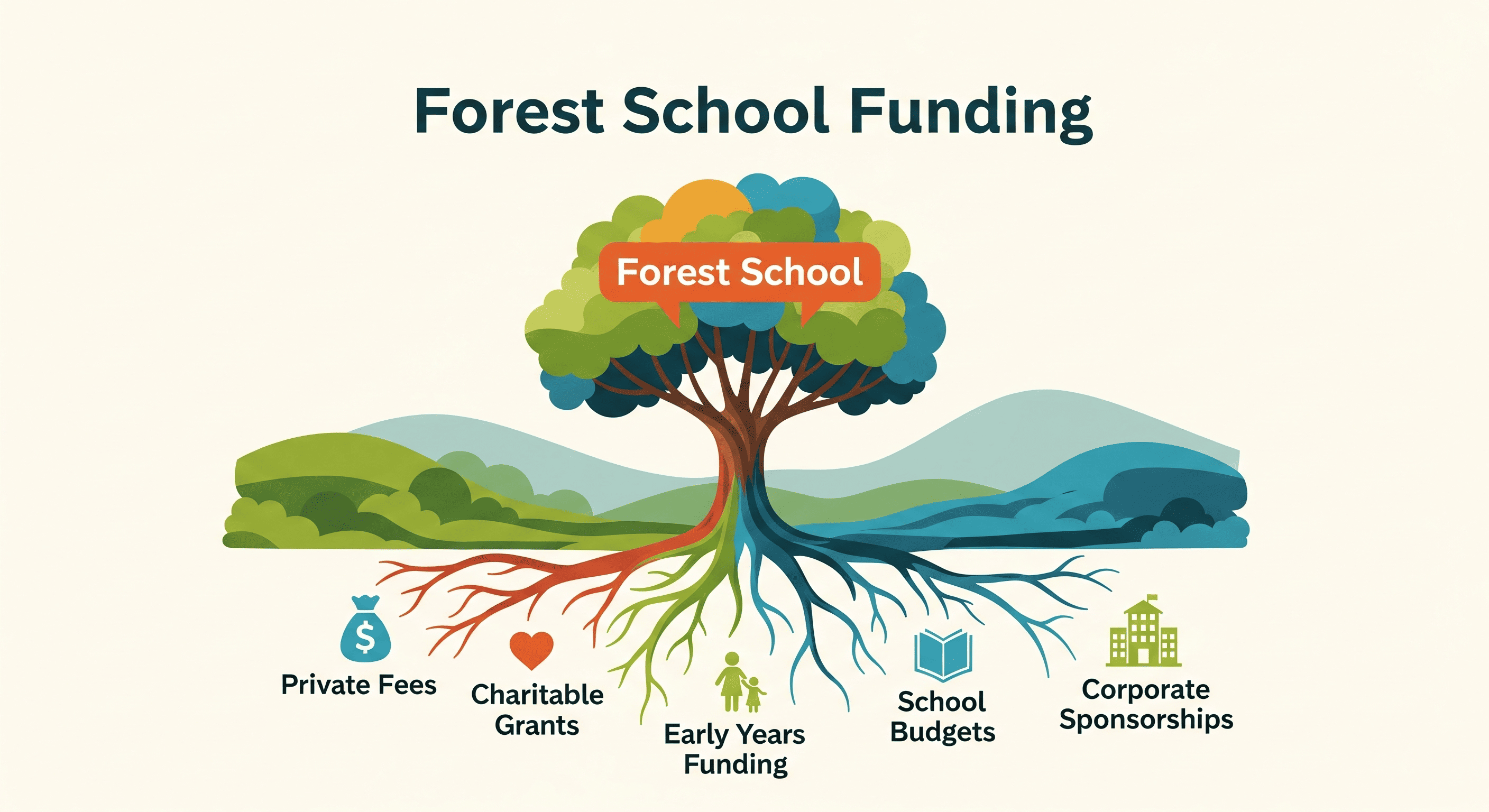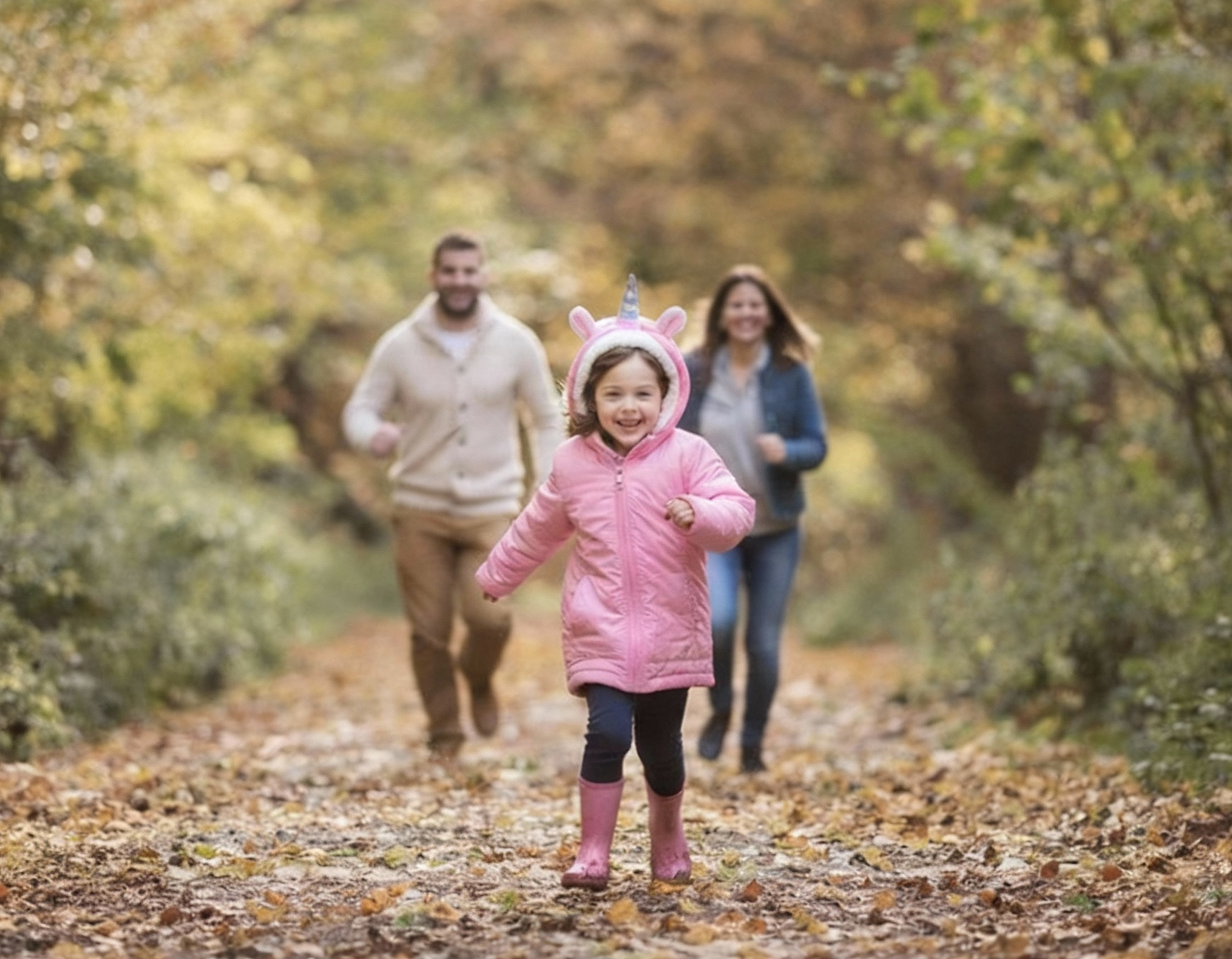· Education · 4 min read
The Importance of Outdoor Learning in Early Years
Outdoor learning is a fundamental part of early years education, proven to enhance academic readiness, build crucial life skills, and support emotional well-being. It provides a holistic foundation for a child's development by connecting them with the natural world.
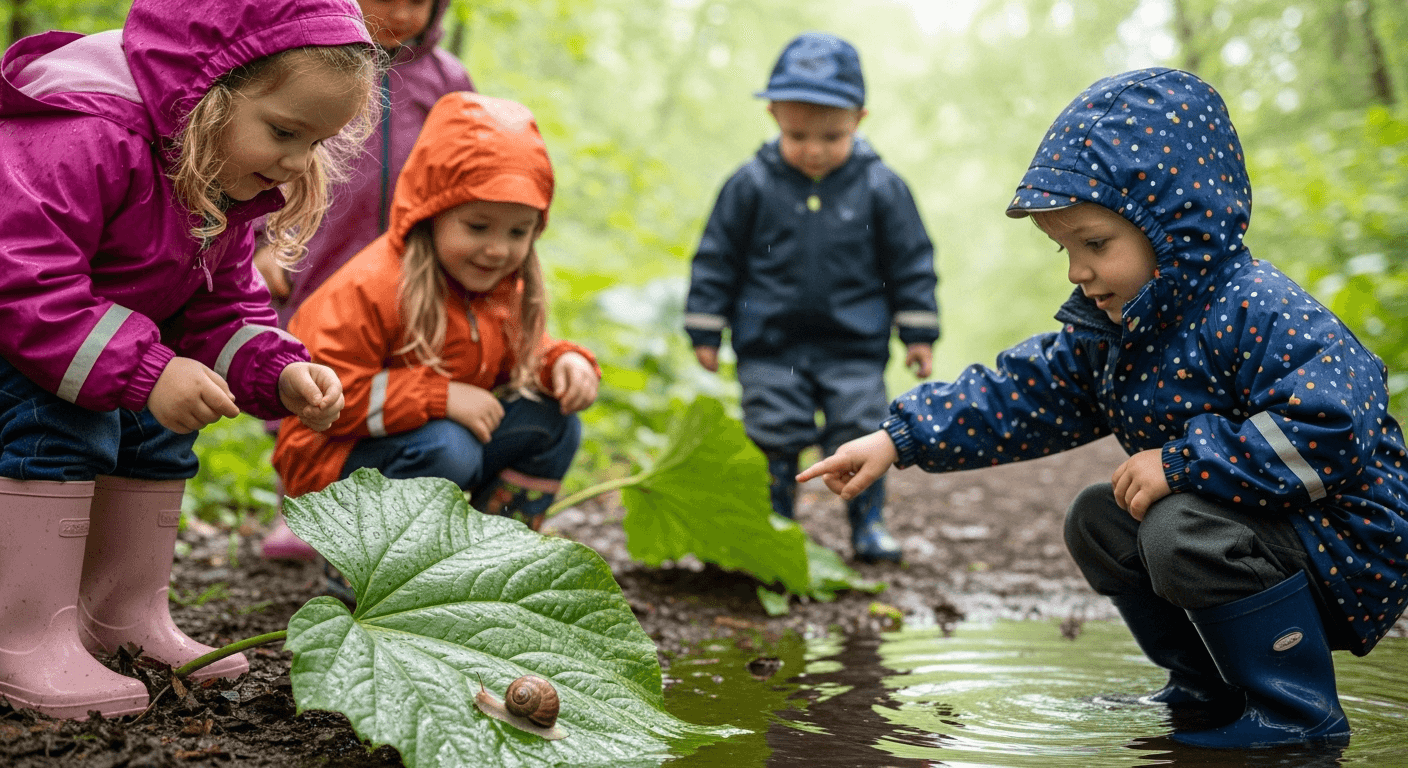
The Fundamental Role of Outdoor Learning in Early Years
Outdoor learning is an essential component of early years education, providing invaluable benefits that are fundamental to a child’s holistic development. This approach moves beyond the classroom, enhancing core academic skills while nurturing crucial life skills, promoting physical health, and fostering a positive sense of well-being.
Building Essential Life Skills
The natural environment is a dynamic setting for developing life skills. When engaging with the outdoors, children instinctively develop problem-solving abilities and creative thinking as they navigate unstructured challenges. Activities requiring teamwork and communication, such as building a den or creating a nature trail, help children hone their collaborative skills and learn to work effectively with their peers.
Enhancing Academic Readiness and Concentration
Time spent learning outdoors is directly linked to improved concentration and cognitive function. A government report for Natural England found that 92% of schools agreed that outdoor learning improves pupils’ health and wellbeing, which directly contributes to their readiness to learn. This hands-on interaction with nature stimulates curiosity and facilitates a deeper, more tangible understanding of academic concepts.
- Improved Focus: Research and observations from bodies like Ofsted highlight that children who regularly learn outdoors often show improved attention spans and a greater readiness to engage in classroom tasks.
- Cognitive Skills: Counting stones, observing the life cycle of a plant, or measuring rainfall are practical applications of science and maths that are more memorable and impactful than textbook learning alone.
Promoting Positive Emotional Well-being
The emotional and psychological benefits of outdoor learning are significant. Nature offers a calm and restorative environment that is proven to reduce stress and promote positive feelings. It provides children with the space and freedom to express themselves, take calculated risks, and build the resilience and self-regulation needed to navigate social and emotional challenges.
Encouraging Lifelong Environmental Awareness
Outdoor education instils a deep respect for the environment from a young age. By regularly engaging with the natural world, children learn about ecosystems, biodiversity, and sustainability firsthand. This fosters a strong sense of environmental stewardship, encouraging them to become responsible citizens who value and protect the planet.
Supporting Robust Physical Health
Physical activity is a natural by-product of outdoor learning. Activities such as running on varied terrain, climbing, and balancing are excellent for developing gross motor skills, coordination, and overall fitness. This active play is vital for laying the groundwork for a healthy and active lifestyle.
Growing Recognition and Key Initiatives
The importance of outdoor learning is increasingly recognised by UK educational bodies. For example, a project teaching children as young as five to check UV levels highlights how practical health and science lessons can be integrated outdoors (Source: BBC News). This growing emphasis aligns with findings that high-quality outdoor provision is a key feature of outstanding early years settings.
Conclusion
In summary, outdoor learning is not an optional extra but a cornerstone of effective early years education. It is essential for nurturing well-rounded individuals by cultivating critical life skills, boosting academic potential, and supporting emotional and physical health. Prioritising these experiences equips children with the resilience, curiosity, and environmental consciousness needed to thrive in their future education and beyond.
FAQs
What are the key benefits of outdoor learning for children?
Outdoor learning enhances essential life skills, promotes academic readiness, supports emotional well-being, and improves physical health, providing a balanced and holistic foundation for a child’s development.
How does outdoor learning improve academic skills?
Outdoor environments stimulate natural curiosity and improve focus. This hands-on engagement makes learning more meaningful and memorable, which is crucial for building a strong understanding of academic concepts.
How does outdoor learning impact a child’s emotional health?
The calming and restorative qualities of nature can significantly reduce stress and anxiety. It gives children a safe space to develop resilience, confidence, and emotional regulation.
